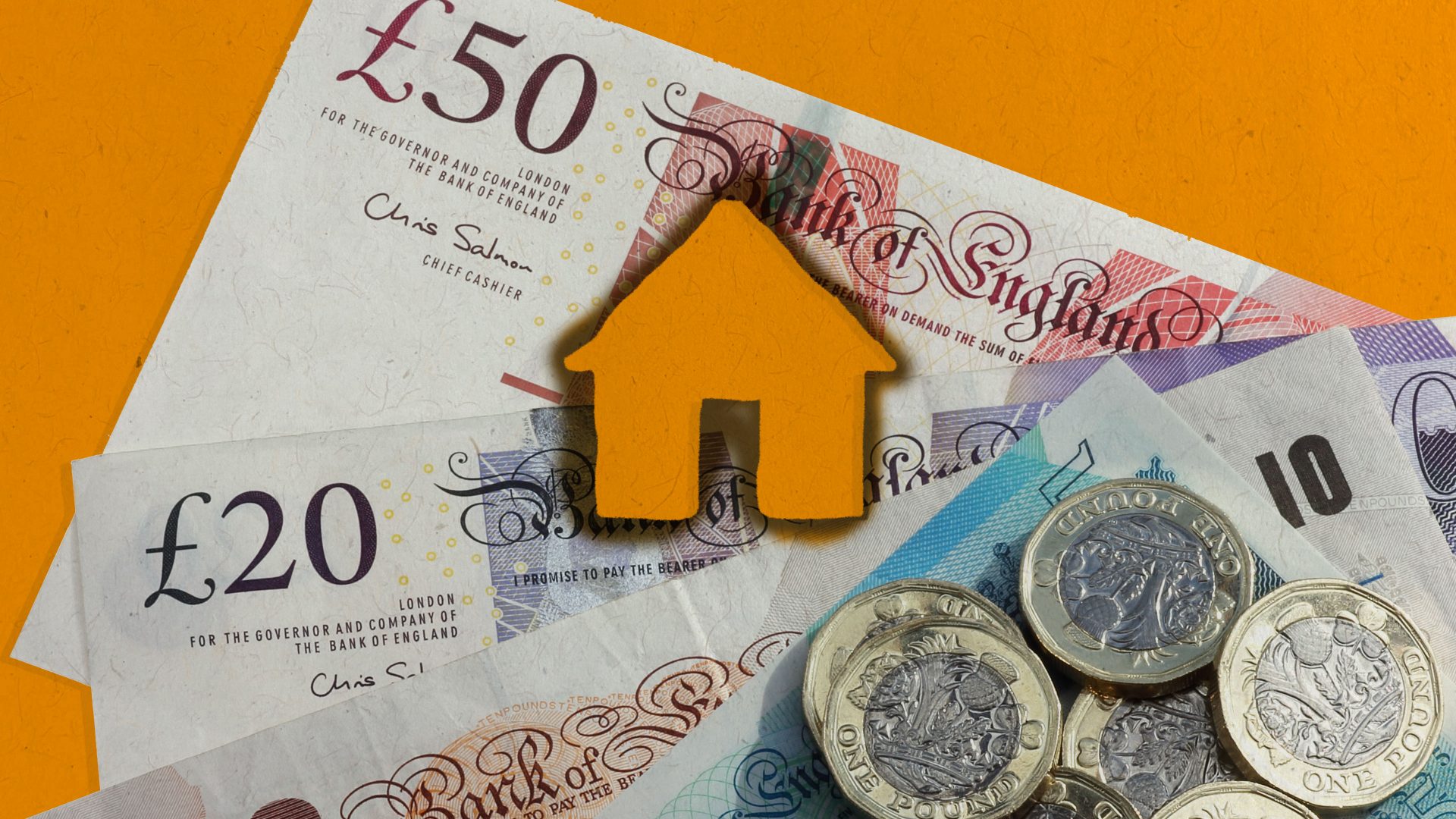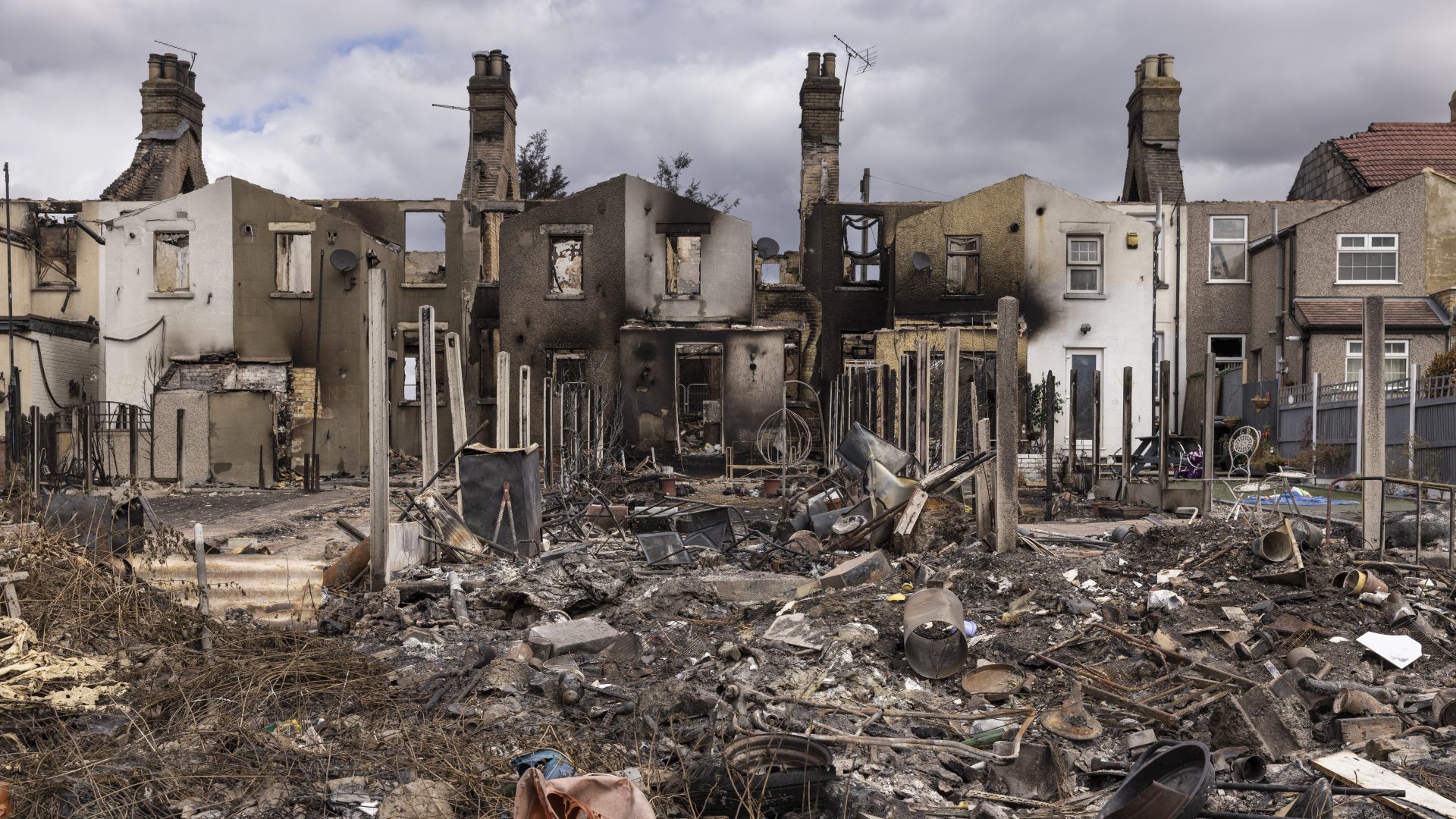There is a crisis looming this autumn. We all know it. The Russo-Ukrainian war is the immediate cause. That and the fallout from Brexit that has so weakened the UK economy. But government reluctance to support the poorest in society in more than superficial ways will also play its part. Proposals so far look paltry. Millions in the UK will be thrown into energy poverty and serious debt before the year is out. Unable to pay bills, many will be desperate. Some may even die. Heat or eat is not a choice anyone should face in a civilised society.
Not surprising, then, that there are signs of social unrest. One response has come from the Don’t Pay UK campaign, an anonymous group coordinating a mass boycott of direct debits to energy companies from October this year unless bills are reduced to levels which ordinary people can pay. Over 100,000 people have already pledged non-payment, but Don’t Pay UK aims to reach a million. They think this critical mass will force the government and energy companies to rethink. Unless they reach that threshold, they won’t trigger the non-payments.
A collective protest on this scale, as well as communicating Don’t Pay UK’s message, would damage energy companies’ finances, and clog up the courts. It would be impossible to ignore and not easy to combat. The important precedent was the mass non-payment of the Poll Tax in the 1980s and 90s that helped bring about a rethink, though mass protest rallies were an important part of that too.
The underlying motivation here is not individual benefit. That’s an important point. This is collective action to help protect the vulnerable, families and individuals in poverty, and communities, all threatened by an unjust approach to the energy crisis. If you simply refuse to pay bills that are very high because you’d rather spend your money on something else, that’s criminal. The whole thrust of Don’t Pay UK’s action is to shift government policy. If that happens, everyone will pay up, allegedly, and the message will no longer be don’t pay, but pay. It is, then, a movement with a moral message, not an attempt to undermine the rule of law.
This is a form of civil disobedience, though energy companies and the government will no doubt describe it as blackmail. In his book A Theory of Justice the political philosopher John Rawls gave a definition and justification of civil disobedience that is useful here. Civil disobedience, he suggested, is public, non-violent law-breaking performed to draw attention to unjust laws or policies. It is also conscientious: a sincere moral and political act, not something done merely for individual gain. It is political because those who engage in it are trying to change the minds of those with greater power, and because it is underpinned by basic principles of justice. It’s closely related to conscientious refusal, the sort of thing that David Henry Thoreau did when he withheld taxes because otherwise he would have been indirectly involved in the slave trade. Not paying energy bills is different from this, however, because the non-payers aren’t suggesting that paying energy bills generally compromises them morally.
For Rawls, civil disobedience is what’s left to you when legal forms of protest have been exhausted. You don’t start with it, but rather explore other ways of drawing attention to injustice before you take the step of breaking the law. Usually, the law broken is a minor one, such as a law of trespass, or one forbidding protests. Such action is communicative. Damage to property runs the risk of losing sympathy for your cause. The message is clearest when protesters don’t gain personally from breaking the law and accept consequences such as arrest, fines, and even imprisonment. Unfortunately, with Don’t Pay UK, some may pledge to withhold payment because they hope to get away without ever paying their bills. That could muddy the waters somewhat.
If the payment boycott goes ahead in October this will be front-page news. Some protesters will be prosecuted, others will be forced to install prepayment meters and perhaps have their credit rating downgraded. Some may even be disconnected. Charities are warning that the costs of non-payment may be very high for families already living on meagre incomes and struggling to survive.
This is not something to enter into lightly, then. That so many are prepared to take these risks is a mark of how grave the situation is, and of how little they have left to lose.



